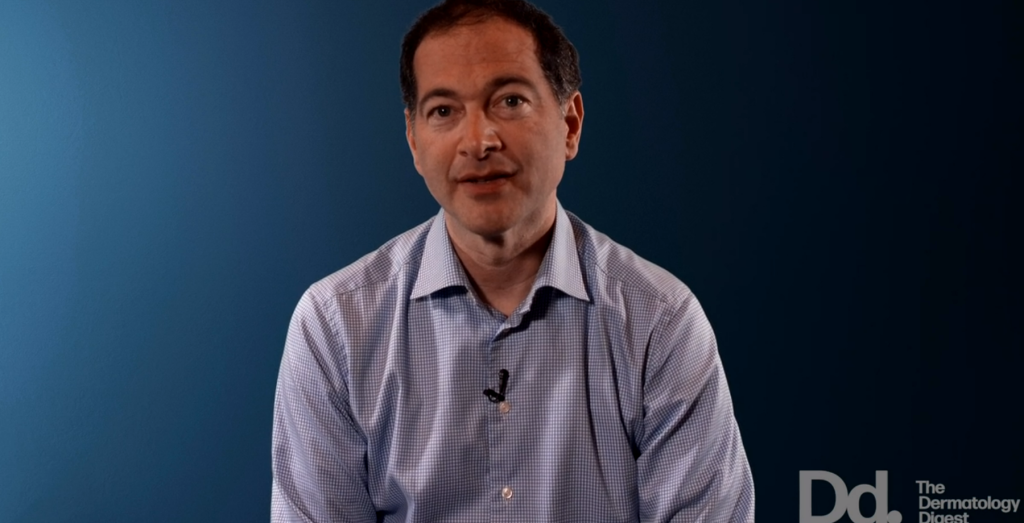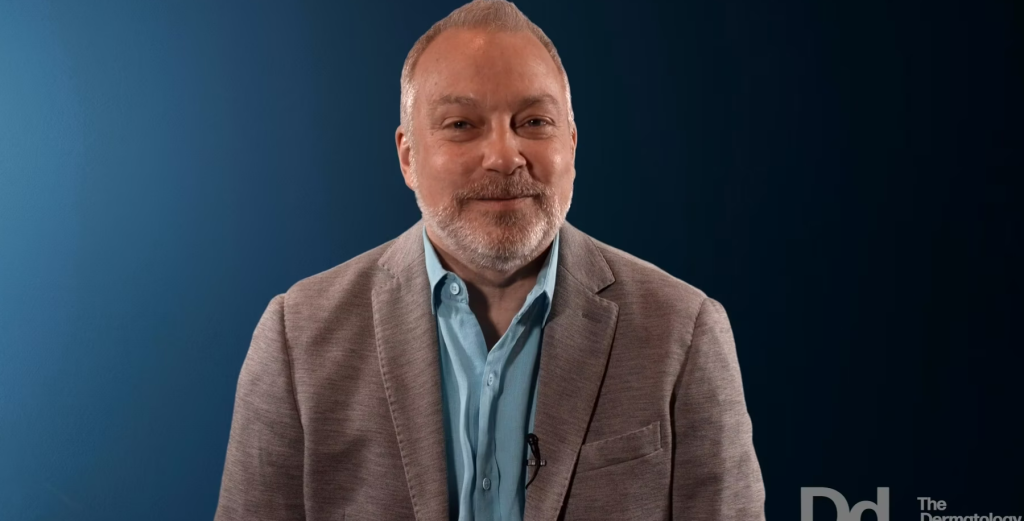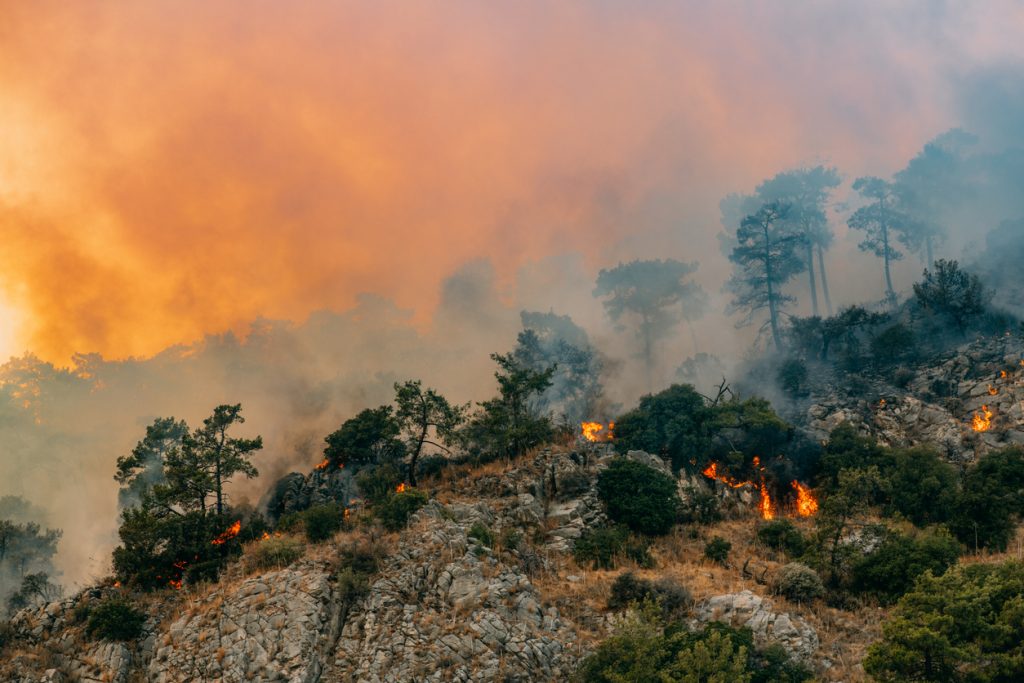FDA to Allow Florida to Import Prescription Drugs From Canada: “A Hopeful, Albeit Small, Step in the Right Direction.”

By Ted Rosen, MD As pointed out by Larry Eichenfield, MD, during today’s acne panel at Maui Derm 2024, recently approved novel agents provide real advances in therapeutic benefit. However, access to these innovations remains frustrating due to insurance and price considerations. We have long known that many identical drugs are available in Canada at […]
Extinguishing Physician Burnout

Rates of physician burnout are at an all-time high due to burdensome prior authorization practices, Medicare payment cuts, and other factors. In this year’s Alan Shalita Memorial Lecture, Jack Resneck, MD, Immediate Past President of the American Medical Association and a dermatologist in San Francisco, discussed how to turn things around..
Optimizing Treatment for Hyperpigmentation

Pearl Grimes, MD, Medical Director of The Vitiligo & Pigmentation Institute of Southern California and a Clinical Professor of Dermatology at the University of California, Los Angeles, discusses advances in understanding the pathogenesis of melasma and post-inflammatory hyperpigmentation and shares how she integrates new non-hydroxychloroquine products into her treatment regimens for hyperpigmentation.
Psoriasis Update: Can We Finally Say Cure?

Andrew Blauvelt, MD, MBA, an Investigator at Oregon Medical Research Center in Portland, shares data from the Knock-out study showing that high induction doses of risankizumab (Skyrizi, AbbVie) can put patients with moderate-to-severe plaque psoriasis into long-term remission.
Hive Mind: Advances in Treating Chronic Spontaneous Urticaria

Dermatologists are taking back the management of chronic spontaneous urticaria thanks to the advent of targeted therapies that break down the disease, shut off itching, and put patients into remission. Jason Hawkes, MD, MS, a dermatologist in Rocklin, CA, discusses this new treatment paradigm.
Climate Change and AD: What’s the Connection?

Climate change factors including greenhouse gas emission, global warming, heat waves, drought, wildfires, and floods can all affect atopic dermatitis (AD) prevalence, severity/flares, and AD-related health care utilization, new research in Allergy shows. There are many ways these climactic factors can affect AD including by exacerbating the barrier impairment, immune dysregulation, dysbiosis, and pruritus involved in the pathogenesis […]
Head to Head Study: LEO Pharma’s Delgocitinib Cream Bests Alitretinoin for Severe Chronic Hand Eczema
Delgocitinib cream demonstrated a superior reduction in Hand Eczema Severity Index (HECSI) score from baseline to Week 12 compared to alitretinoin capsules in people with severe chronic hand eczema, according to results from the DELTA FORCE Trial, which is the first head-to-head phase 3 trial comparing a systemic and topical treatment for CHE. Delgocitinib cream also […]
